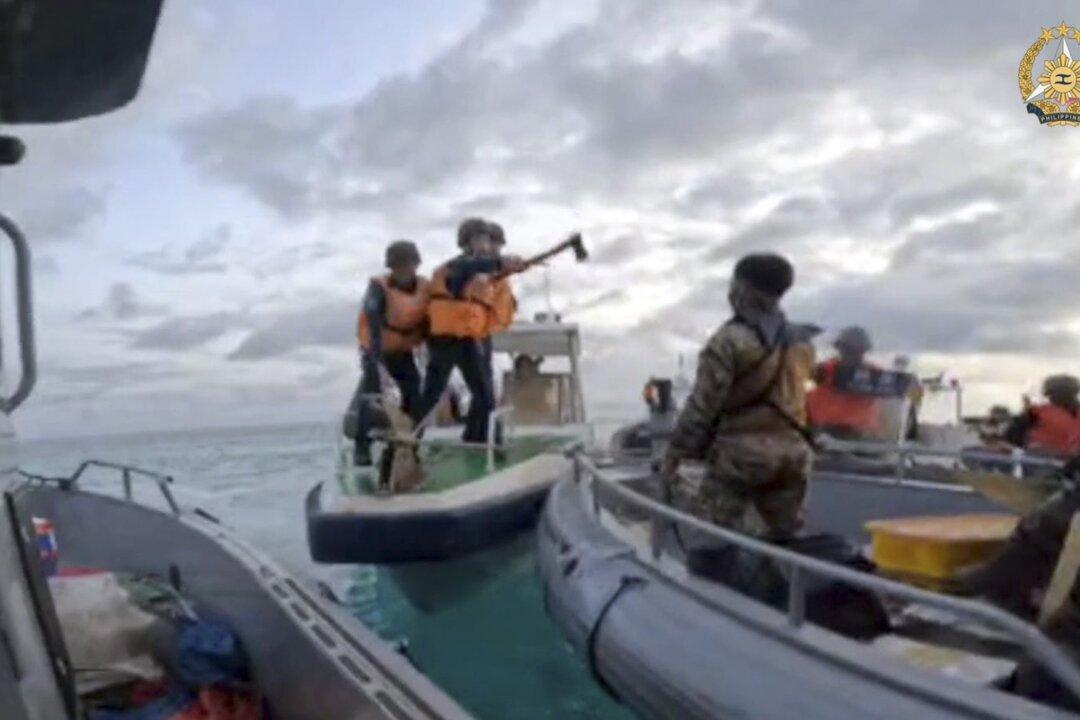The war in Ukraine is no longer just the war in Ukraine. Nor is it a Russia versus Ukraine situation. It already involves military personnel, equipment, or financial support from countries on three continents.
Proxy War Is Still War
As Russian Foreign Minister Sergei Lavrov recently said on Russian state media: “NATO, in essence, is engaged in a war with Russia through a proxy and is arming that proxy. War means war.”Russia Has Few Military Options
That may well be the case because Russia’s army and air forces have been far less effective than what Vladimir Putin—and likely everybody else—expected.Going forward, what are Russia’s military options?
First, it’s important to understand that Putin will continue on his militaristic path. He’s committed—more on that score in a moment.
Since the military option is really the only option as far as policy is concerned, what more can Russia throw at Ukraine?
What more can the Russian military do to gain a favorable outcome?

Putin Has Few Good Choices
But what choices does Putin have?In short, Putin is telling the West that he’s considering all military options. We’d do well to believe him because he has few soft power options. Sure, he can cut natural gas supplies to the European Union, but Brussels is already taking steps to reduce and eventually eliminate its dependence on Russian fuel within months. That option will soon be off the table.
Another gambit is food. By cutting Ukraine’s grains exports, shortages are inevitable. But so far, that hasn’t had the teeth that Putin would have liked it to have.
NATO Expands—Will Old USSR Reappear?
What does have teeth is Finland and Sweden’s potential membership in NATO. With this soon-to-be addition to NATO, Putin’s concerns about encirclement by the West are fulfilled. The UK has already openly expressed that a mutual defense arrangement with the two is understood and will soon be codified.These two events could add new potential combatant nations into the conflict.
Will China Stand Up or Stand Down?
Russia is asking for China’s help with the material and financing for the war in Ukraine. So far, Beijing has had a muted response.It’s easy to see why.
Taiwan: A Second Front?
There is, however, a more compelling argument that Russia may be making to China, which is simply to open a second front to this nascent third world war by advancing on Taiwan.
That option is more to Beijing’s thinking and liking, and will happen sooner than later. The important point to note is that the war in Ukraine is now linked to war in Asia and has potentially accelerated that eventuality.
Japan Signs Defense Agreement With the UK and Australia
Beijing’s planned move on Taiwan isn’t lost on Japan, the UK, and Australia. Both the UK and Australia have recently signed mutual defense pacts with Japan to recognize the rising threat that China represents.All Options Point to Escalation
The bottom line is that everyone knows that Russia lacks the military capabilities to easily defeat Ukraine. That time has passed. It also lacks the soft power in terms of financial tools that would give it an advantage over Europe.Russia’s only self-contained power plays against the West are fuel and food, and nuclear war. The effectiveness of the first two is declining rapidly.
And the nuclear option? It rather speaks for itself, doesn’t it?
Other non-nuclear external options are the China option and the few alliances it can make with former Soviet nations, as well as the bad guys in Tehran and Ankara.
But since natural gas sales—one of Russia’s main sources of revenue—will go away in the not-too-distant future, Putin will either have to gain a favorable outcome before that happens or find a way to replace those lost revenues.
Unfortunately, all options would seem to point to rapid escalation.
As for Putin, he has even fewer options, whether political or personal (at this point, they are one and the same). His very survival depends on avoiding defeat.
Again, it would appear that expanding the war is Putin’s best option to stay above the grass.
With both Russia and Putin cornered and fighting for survival, one other simple option presents itself, which would be nothing less than removing Putin from power in any way you can. Surely, those Russian generals who are still alive have considered such a move.
For their sake, and the rest of the world’s, let’s hope they find a way to make that move because, as Putin has made clear, war by proxy means war.
In other words, the war-by-proxy status that the United States is fighting with Russia is very temporary.





